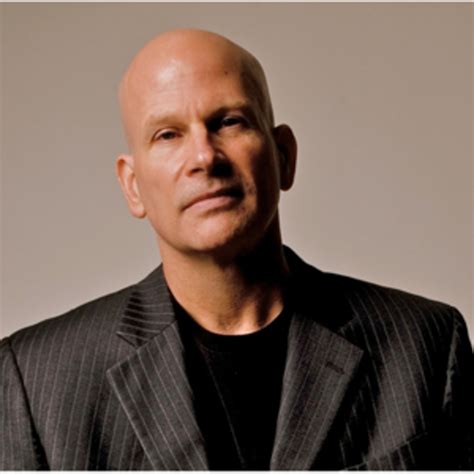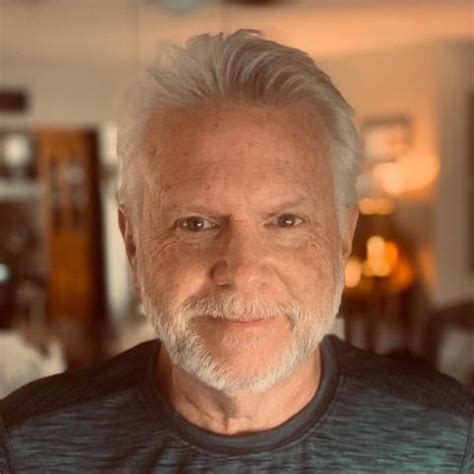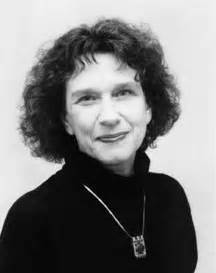A Quote by Joyce Carol Oates
To choose the ideal voice for a character is to give a character an ardent and vivid life, to allow him or her to speak, rather than speaking for them, in an older style of omniscient narration.
Related Quotes
One nourishes one's created characters with one's own substance: it's rather like the process of gestation. To give the character life, or to give him back life, it is of course necessary to fortify him by contributing something of one's own humanity, but it doesn't follow from that that the character is I, the writer, or that I am the character. The two entities remain distinct.
Developing a character with genuine depth requires a focus on not just desire but how the character deals with frustration of her desires, as well as her vulnerabilities, her secrets, and especially her contradictions. This development needs to be forged in scenes, the better to employ your intuition rather than your intellect.
Life as a performance is just a way to look at life choices as character choices. Every morning you choose what to wear, you choose how to wear your hair, you choose your friends, you more or less choose your profession, and how hard you will work at it. Those are all things that an actor decides about his character when he is performing, and they are things that we decide in life. We create our "character."
Sometimes small incidents, rather than glorious exploits, give us the best evidence of character. So, as portrait painters are more exact in doing the face, where the character is revealed, than the rest of the body, I must be allowed to give my more particular attention to the marks of the souls of men.






































